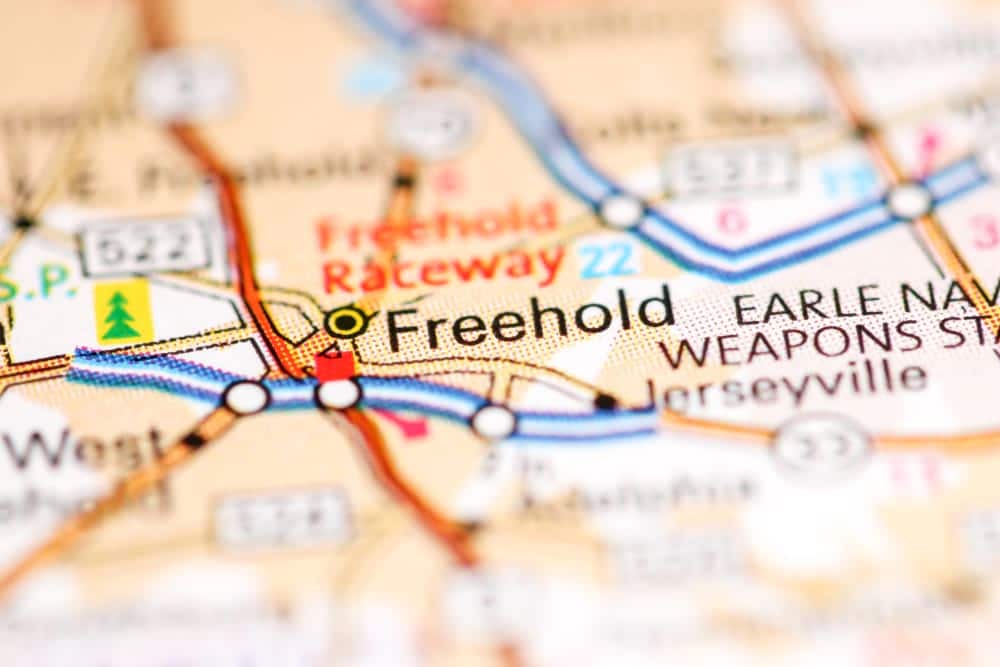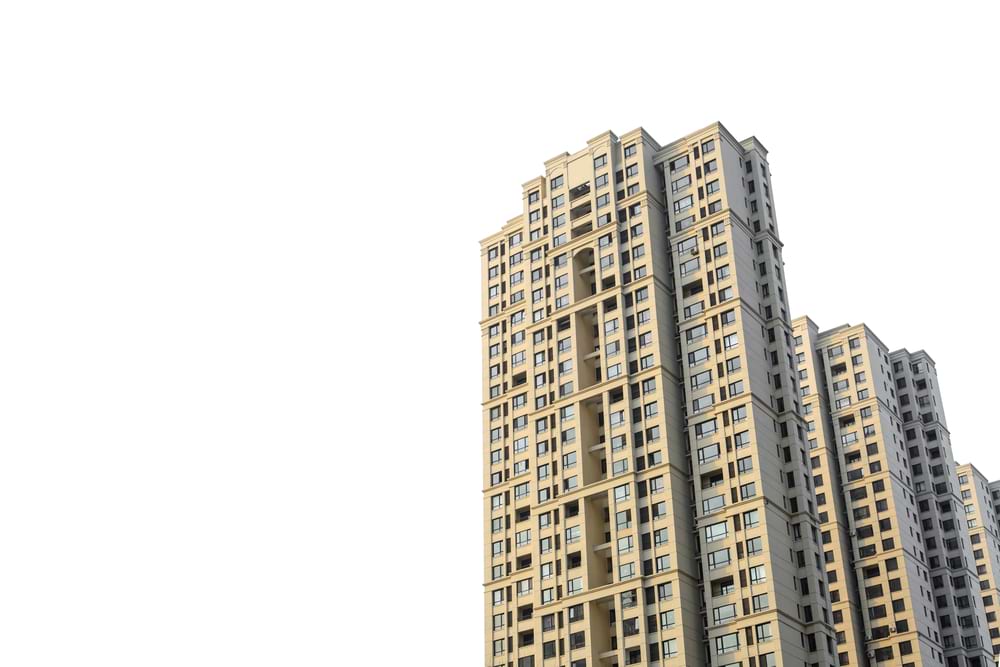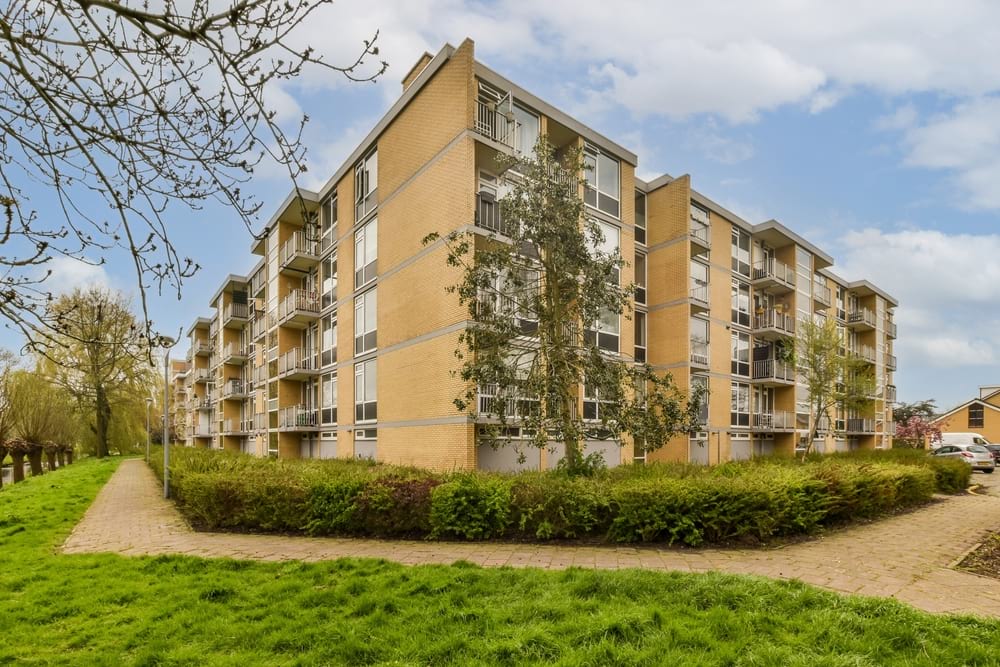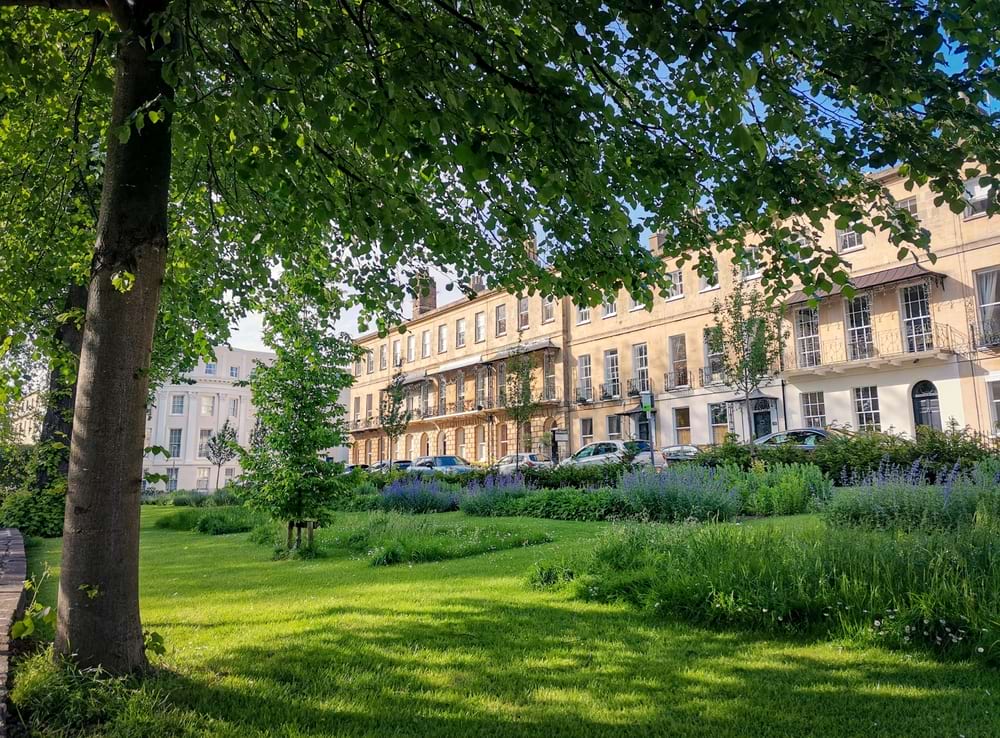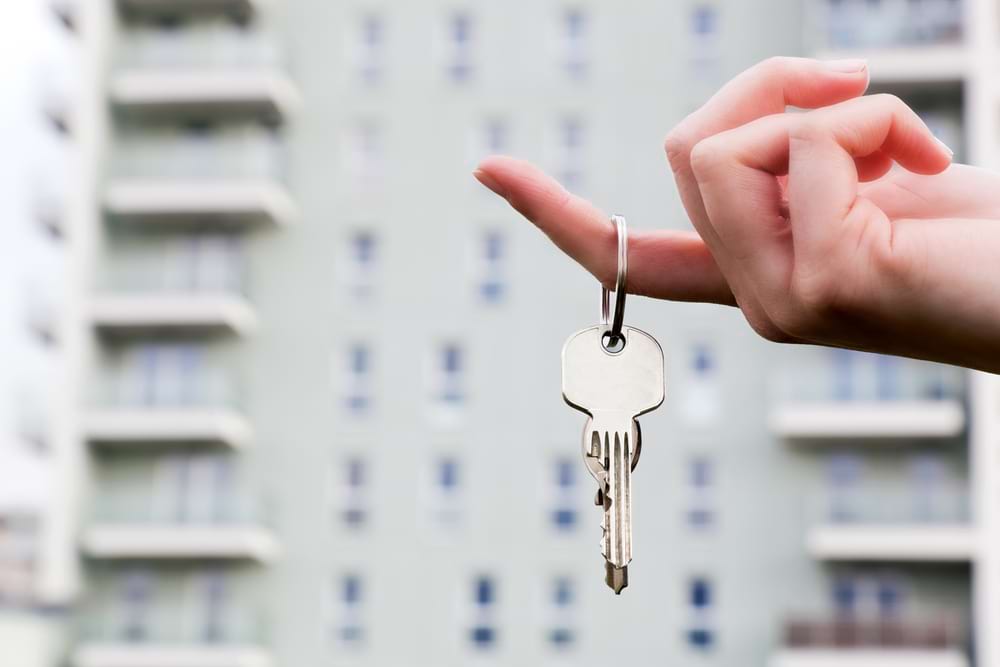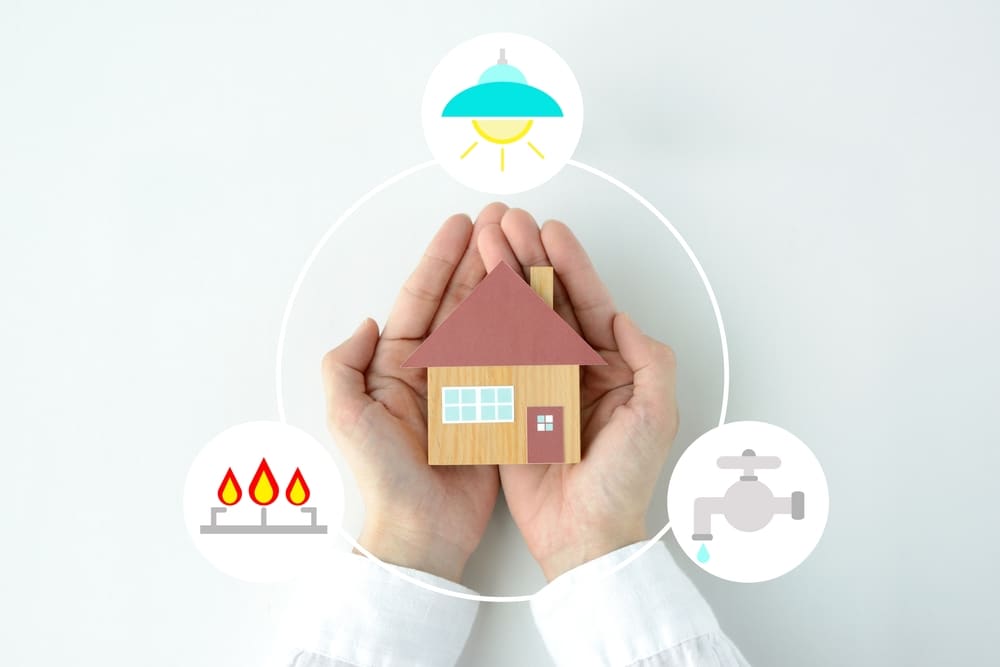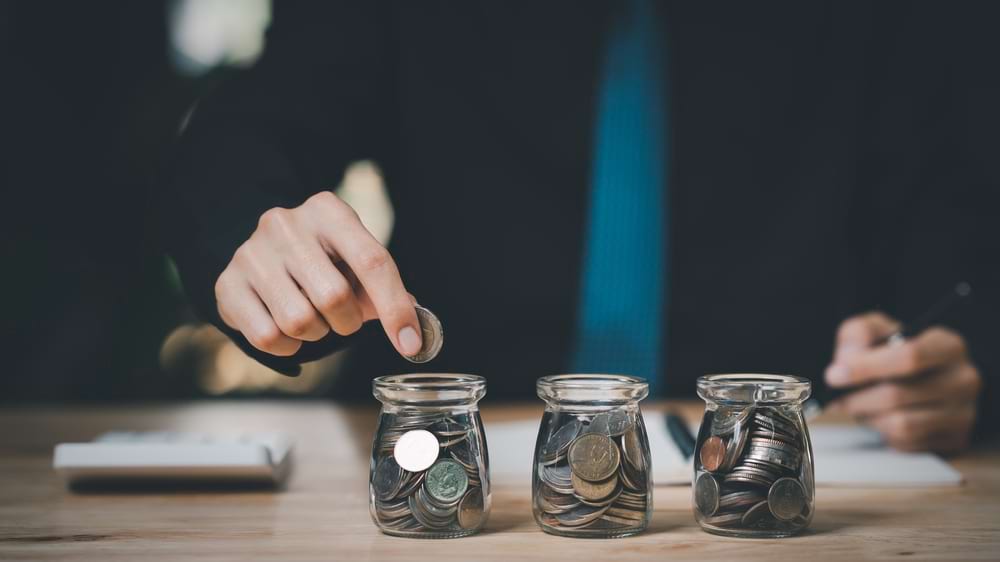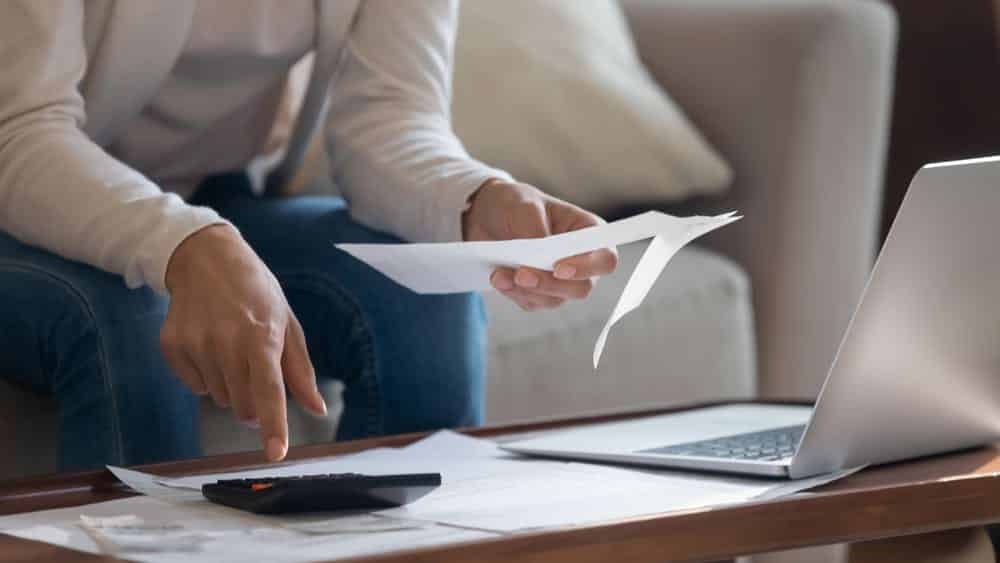Even if you buy a property, it doesn’t always mean you own the land on which it is situated.
In property ownership, ‘freehold’ is a word you often hear.
Some houses and flats are freehold, while others are not – so it’s important to know what this term means.
Keep reading to find out what a freehold is and how it works.
What is a freehold?
A freehold property is when the homeowner owns the home and the land underneath it.
Owning a freehold property means you are responsible for maintaining everything within a property’s boundaries, including building(/s) and land.
While this involves costs, it also means you have greater control.
Freehold also means you don’t need to pay ‘ground rent’ or a ‘service charge’. (In many residential buildings, service charges can be several thousand per year).
This balances out any additional maintenance costs of owning a freehold.
How is freehold different to leasehold?
The difference between freehold and leasehold comes down to land and time.
Freehold means that you own the land underneath your property. You can own the house indefinitely when it is a freehold.
You do not need to worry about extending a lease term because one doesn’t exist.
This differs from a leasehold, where you do not own the land and buy a property with a ‘lease length’.
Once this lease expires, the house automatically transfers back to the leaseholder. Therefore, you are responsible for extending the lease, which costs time and money.
Leasehold is mainly seen with flats in large residential blocks. Freehold is more typical for detached houses.
Sometimes, leaseholders in a residential apartment building will try to buy a ‘share of freehold’. We have explained more about this in the blog below.
Can you get a freehold flat?
Freehold flats are increasingly rare. Lenders are not offering mortgages on them. But it is still technically possible to get one.
There are legal, administrative and financial obligations that come with owning the freehold of a flat.
It can be difficult to determine who is responsible for what because there are no leases that outline this.
You will receive far below the property’s typical value when you sell a freehold flat.
This is due to all the complications surrounding it.
What is a share of freehold?
A share of freehold means that the attached to a property is owned by a group of people, rather than one individual.
It should not be mistaken with a freehold flat – these are two very different things.
This happens when a group of leaseholders agree to pool their funds and buy the freehold of the flat.
However, this deal can only proceed if at least 50% of the leaseholders are involved.
By owning a share of freehold, the leaseholders can control:
- Ground rent
- Lease extensions
- Service charges.
This will involve more hassle but also greater control.
If you don’t want to deal with your part of the freehold yourself, you can hire a managing agent to look after it.
Advantages of owning a property freehold
When you own a property freehold, you don’t need to worry about lease extensions or dealing with an uncooperative freeholder.
Your costs may also go down because you aren’t being charged ground rent or service charge.
And when it comes to selling your flat, it’s often easier to sell a freehold as no lease can impact the asking price and mortgage rates.
Disadvantages of owning a property freehold
Owning a freehold property usually requires more time, effort, and responsibility.
Pooling money and communicating with others can be challenging if your partners aren’t well-organised.
(You could hire a managing agent to do this for you, but this will increase your costs).
Freehold flats are harder to sell. However, not every buyer views owning a ‘share of freehold’ as an advantage.
Freehold properties may be on the market at a higher price due to the perceived advantages of owning one. You may therefore have to pay more to get one in your name.
Boundary disputes are also more likely with freehold properties. If you own a semi-detached or terraced property freehold, you must clearly distinguish where your land begins and ends.
This can often cause disagreements with neighbours. Especially if people overstep boundaries or prove uncooperative.
Are all detached houses freehold?
The vast majority of detached houses are freehold.
It is rare for a detached property to be leasehold unless it is part of a shared ownership scheme.
Are all semi-detached houses freehold?
Most semi-detached houses are freehold, although there are some rare exceptions.
You should check with the person selling the house if you have any questions.
Are all terraced houses freehold?
It depends. Some terraced houses are owned freehold. But sometimes a trust or shared ownership scheme can own the entire row.
In that case, it may be leasehold. You should check with your estate agent to confirm.
Are all maisonettes leasehold?
Most maisonettes are owned leasehold, although there are exceptions to this rule.
It often depends on the layout of the building and the history of the property. Make sure you check with the person selling the house to confirm.
Are all bungalows freehold?
It depends. Many bungalows are freehold, meaning the person living there has no lease.
But if a developer has considered knocking down the bungalow in the future, they may hold onto the freehold just in case.
You should check with the person selling the flat to confirm.
Are the UK government changing freehold laws?
The UK government is introducing a ‘Leasehold and Freehold Reform Act’, which may change the laws regarding freehold and leasehold.
You should stay current with this legislation and any changes. It may change over the next few years.
What is commonhold?
Another type of property ownership is commonhold. This means that you own part of a multi-occupancy building.
This comes with a shared ownership and responsibility for the common areas.
Examples of these common areas might include the roof, the stairs, a lift, or a garden area.
Like with a share of freehold, commonhold requires active participation from the people involved. You need to make sure that everything runs smoothly.
The owners of these ‘freehold units’ are often called unit-holders.
If you are purchasing a commonhold property, you should ask to see a copy of the ‘Commonhold Community Statement (CCS)’. This outlines the terms of the commonhold.
It also includes what areas you are responsible for and who is involved. The tasks you must complete and if insurance is in place should be covered too.
Sell your house fast with We Buy Any Home
We Buy Any Home are chain-free cash house buyers who can purchase your property up-front and quickly, without hassle or stress.
Any location, any condition, we buy any type of flat – freehold or leasehold.
Fill in our enquiry form below if you want a cash offer for your house.
